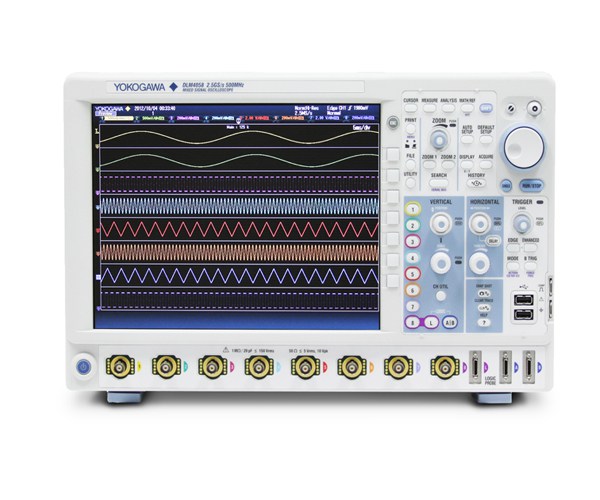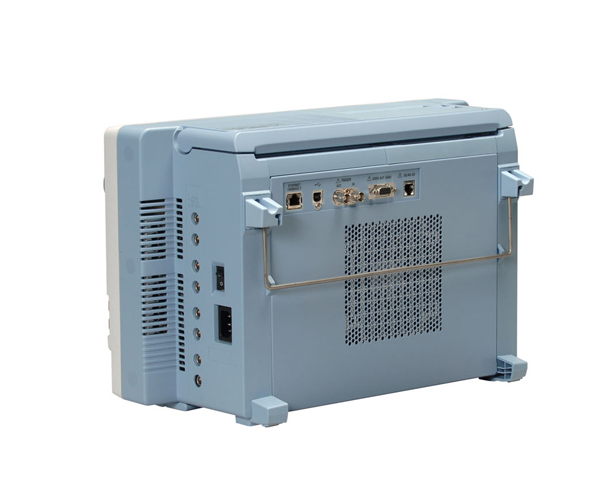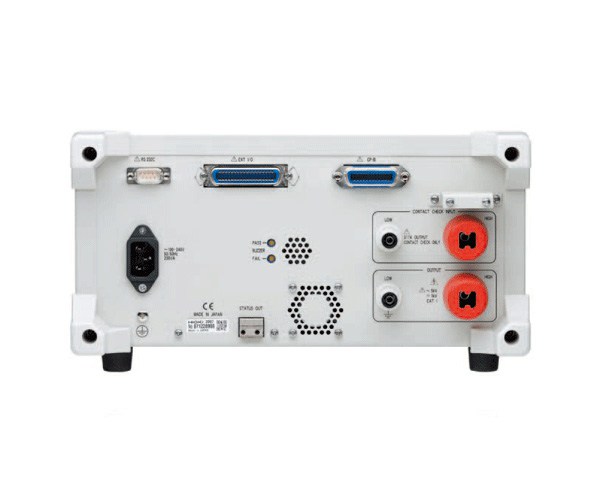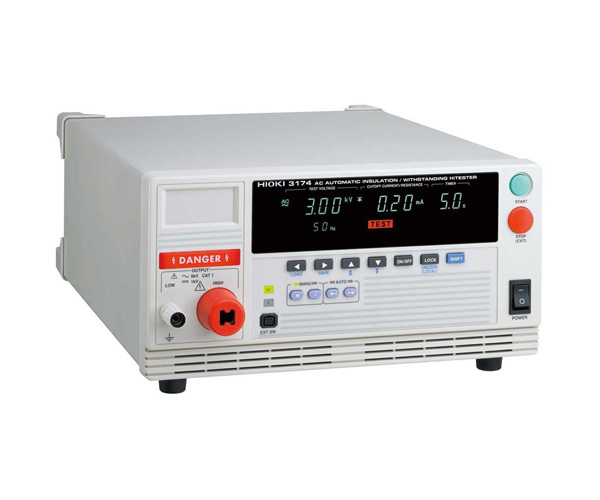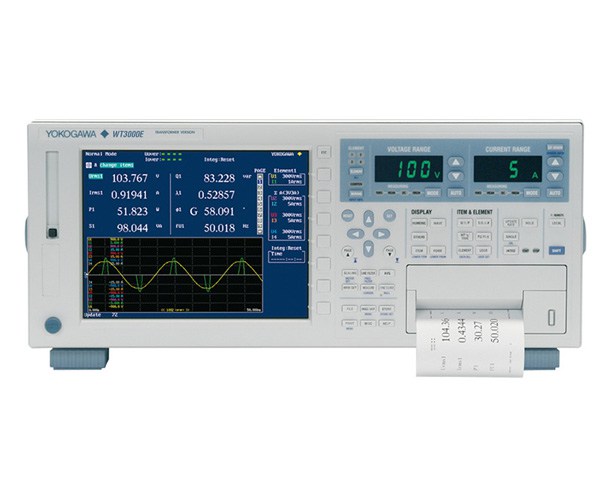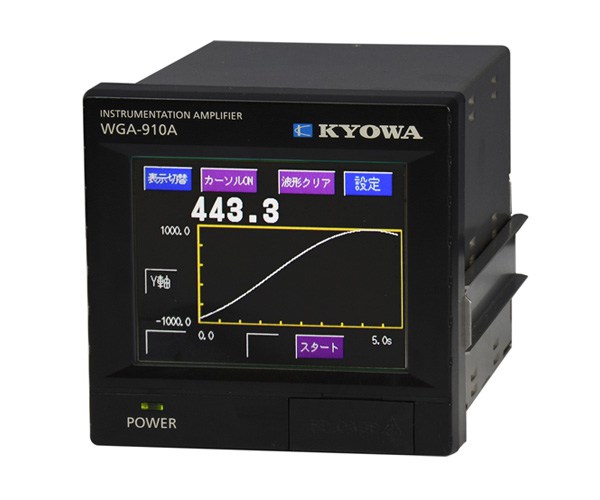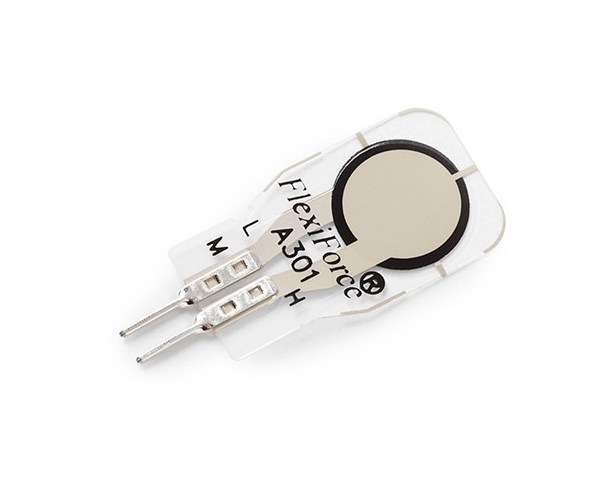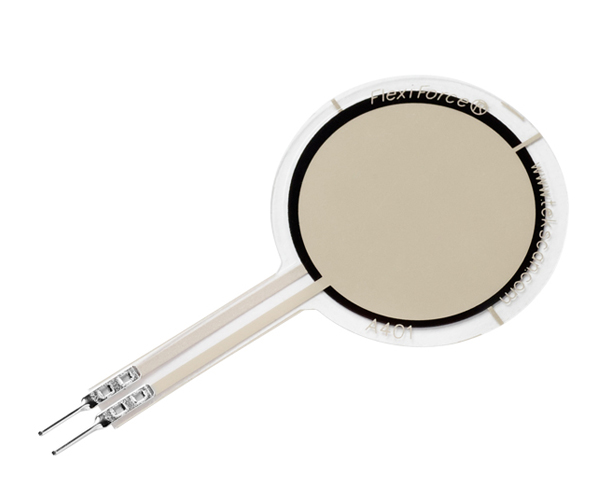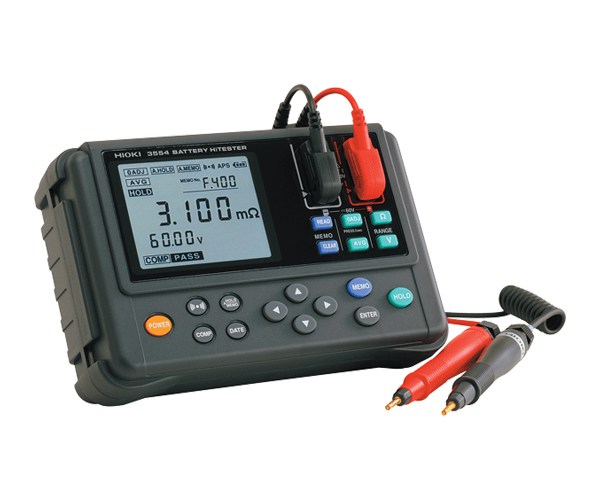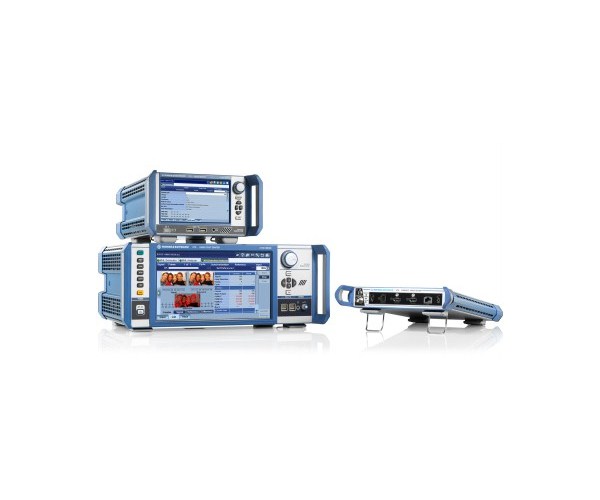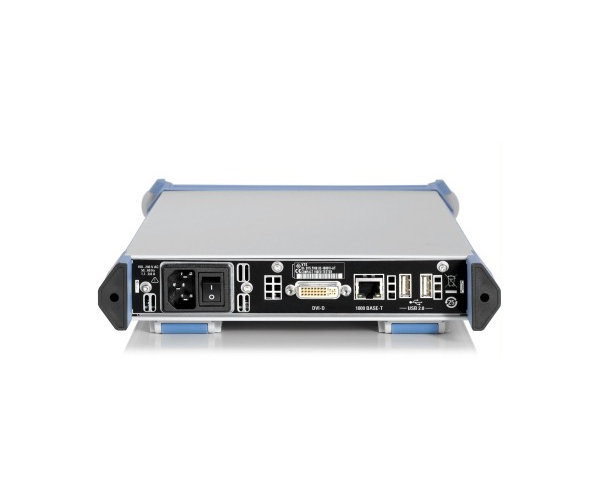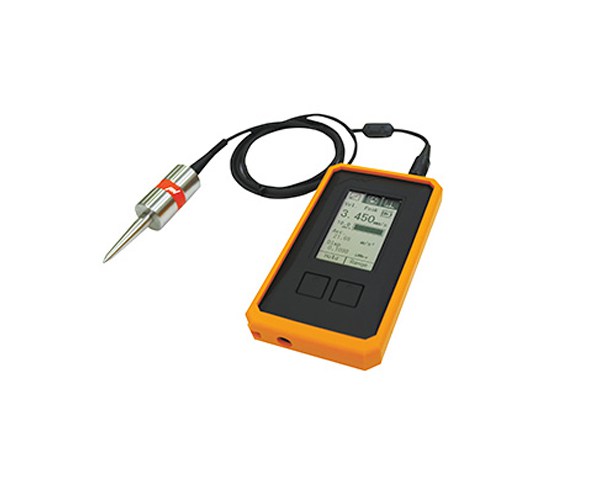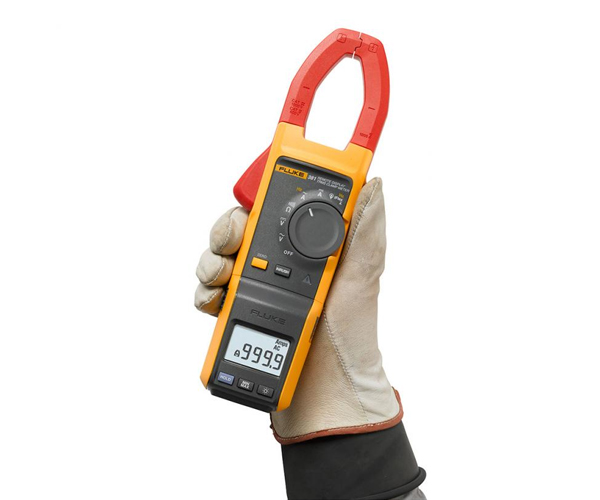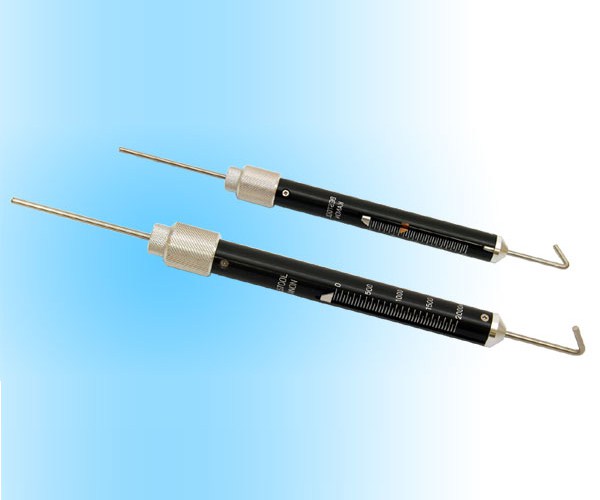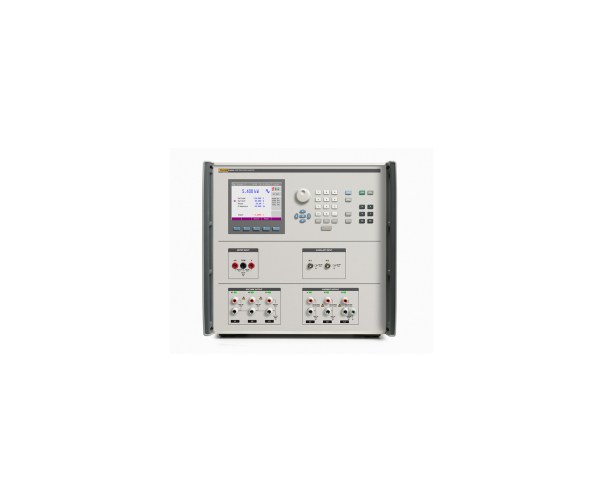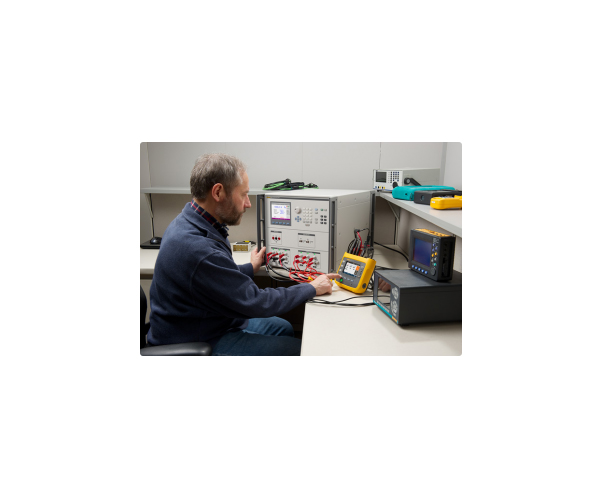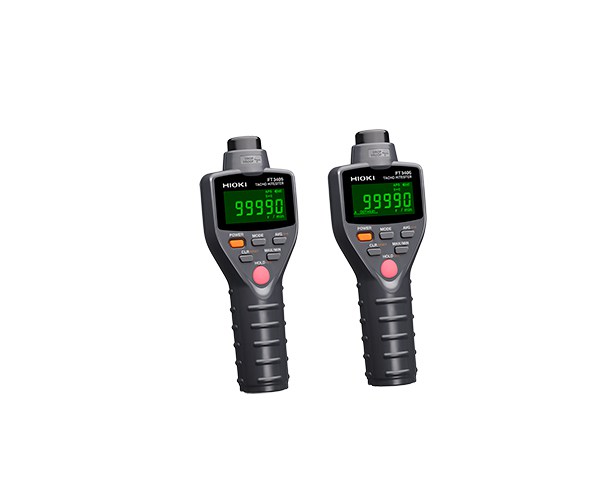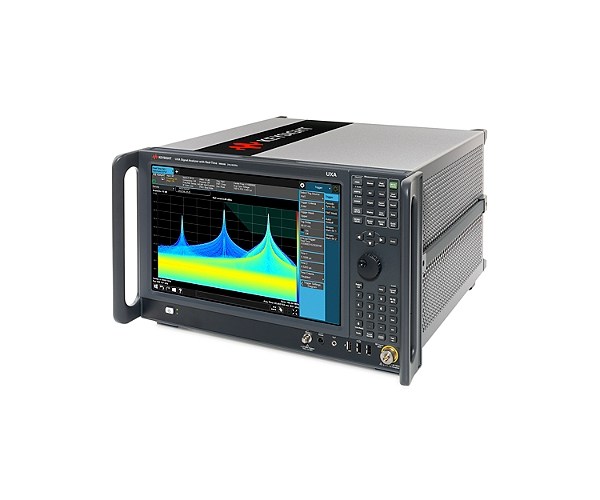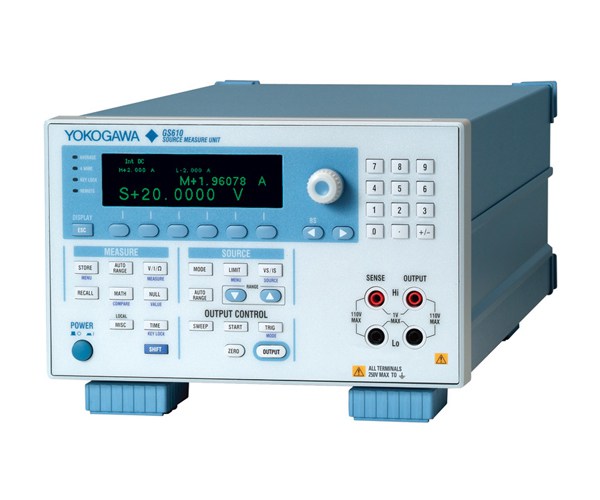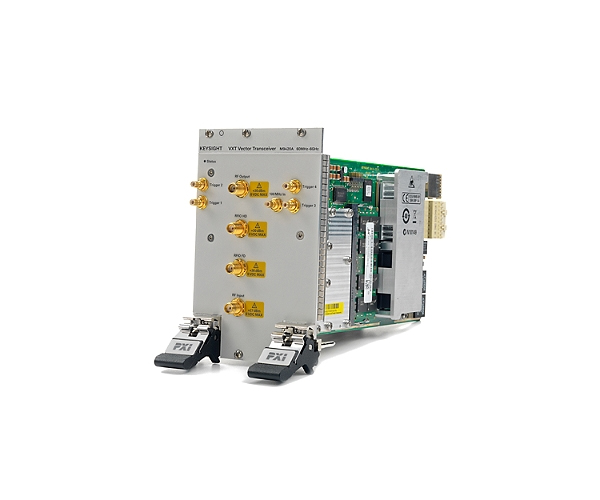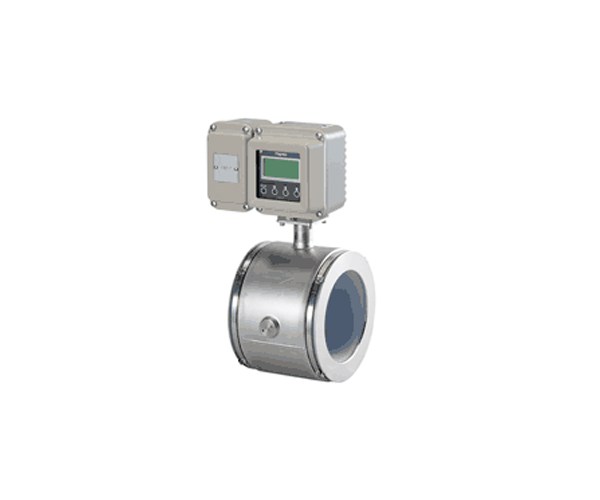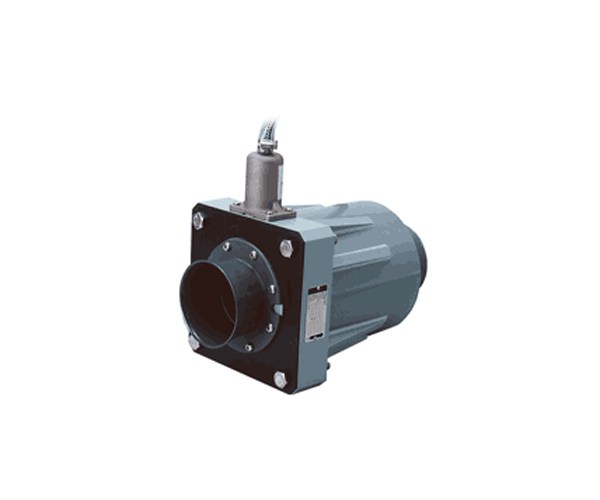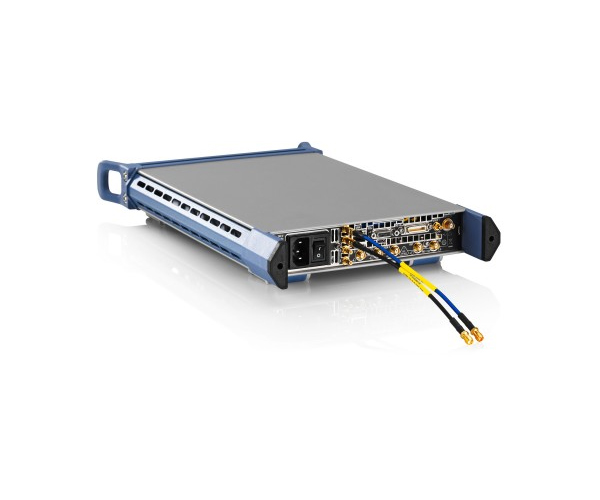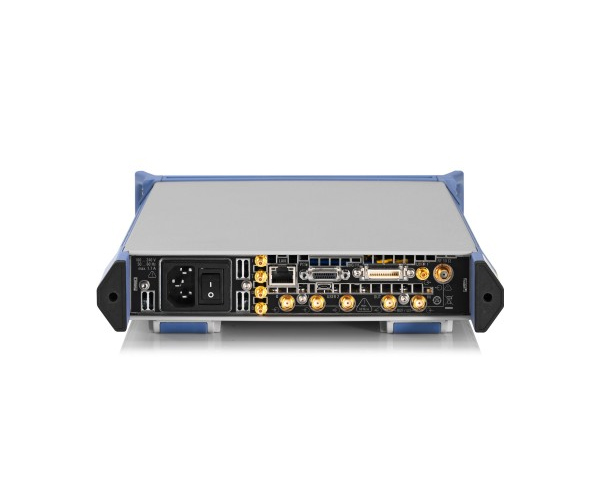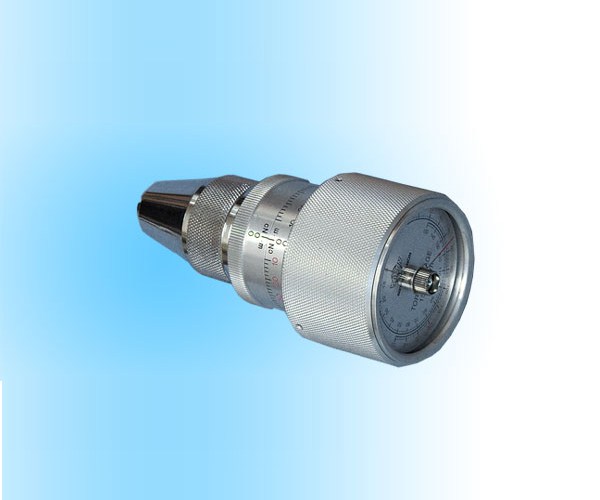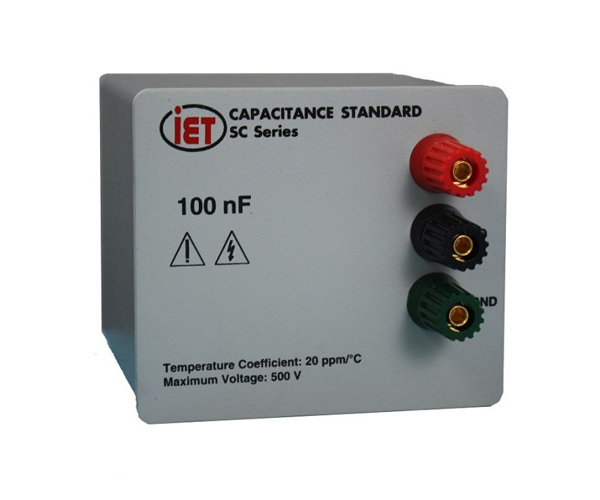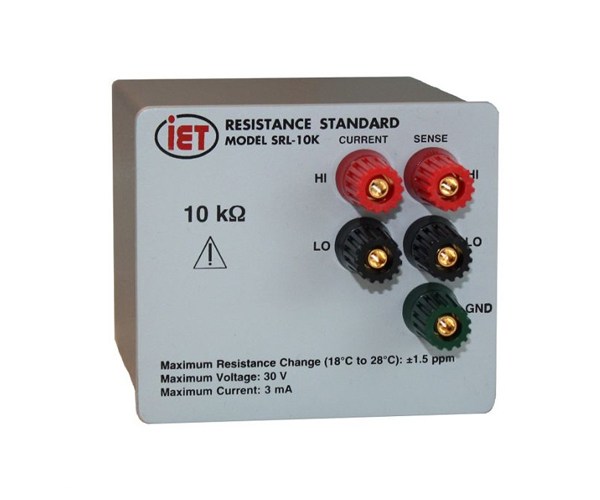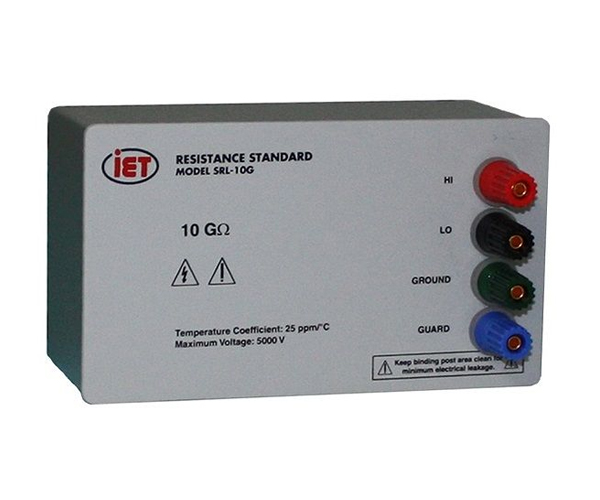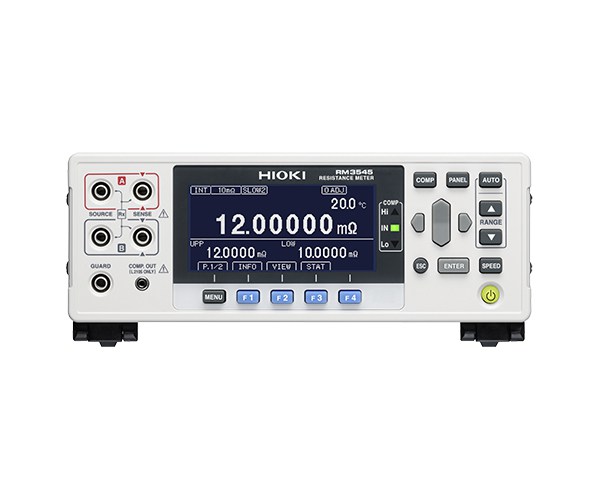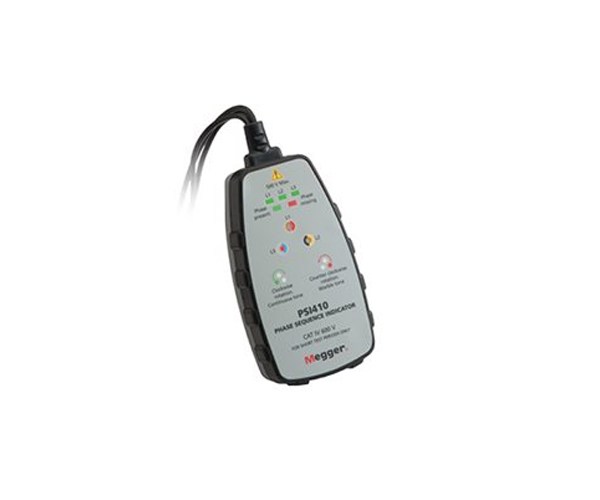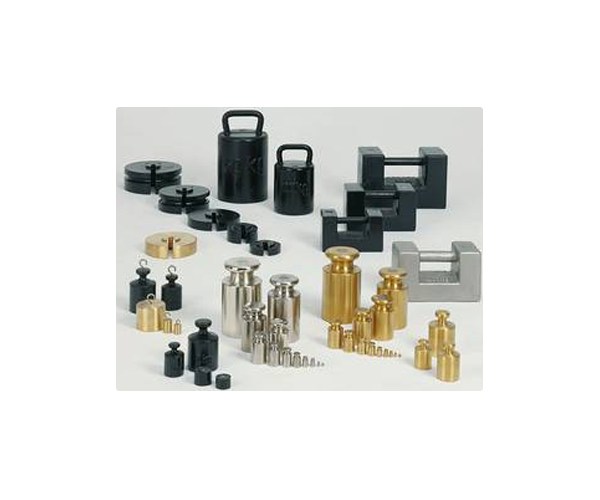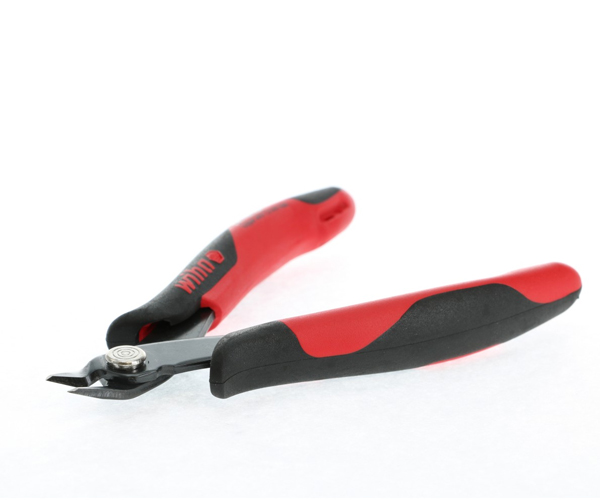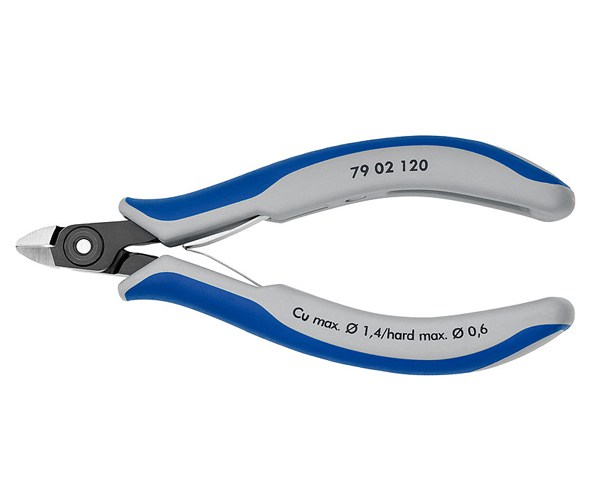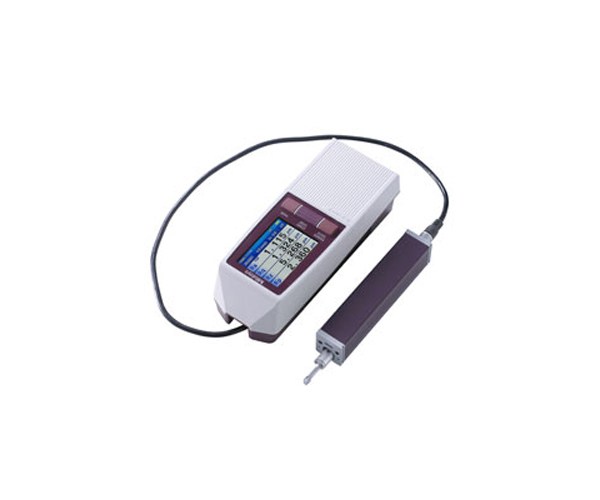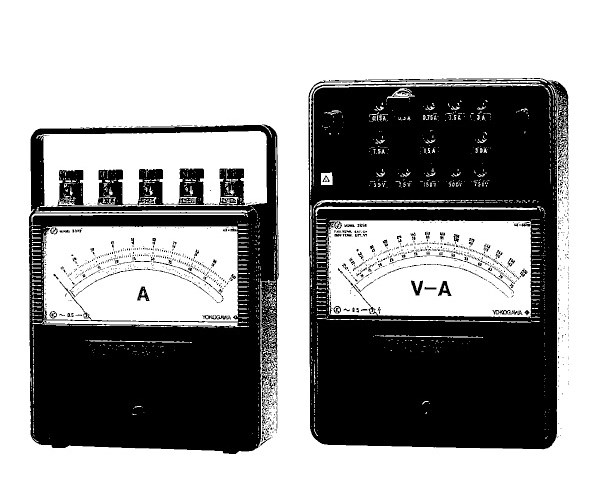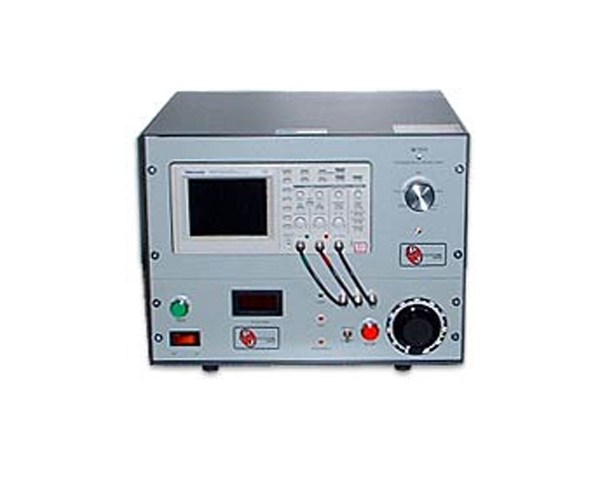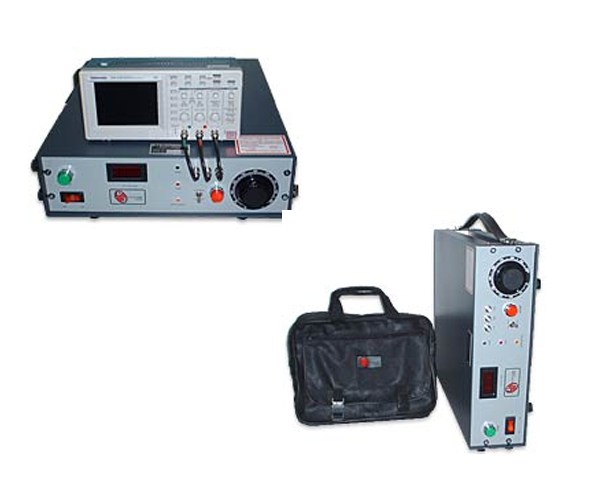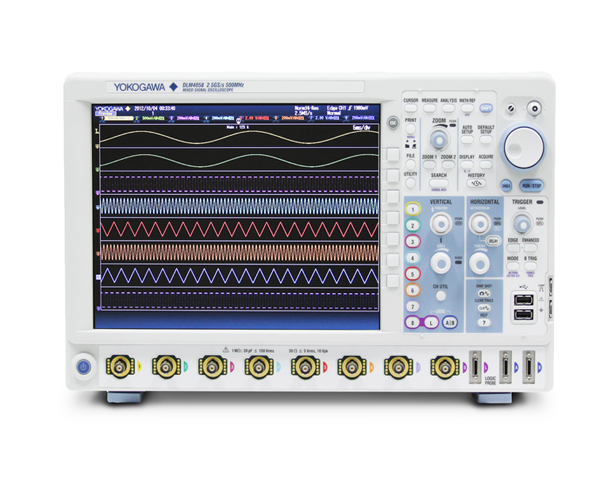
Product Details
Product Name:DLM4000 Mixed Signal Oscilloscopes
Description
The portable eight-channel DLM4000 is the daily instrument of choice

Superior Functionality
Motor control & inverter circuit development

Key to efficient and reliable high-performance electric motors is the modern inverter design, or ‘Intelligent Power Module’. Multi-channel, high-speed waveform measurement is an absolute necessity. Four channels are simply not enough. Boasting eight true analog inputs, the DLM4000 empowers today’s engineer with a convenient and comprehensive measurement system.
Electronic control unit & mechatronic test

Numerous I/O analog, digital, and serial-bus waveforms surrounding the Electronic Control Unit (ECU) must be measured. The DLM4000 offers ample channel-count and architecture to monitor eight analog channels and up to 24-bits of logic input while simultaneously performing protocol analysis such as UART, I²C, SPI, CAN, CAN FD, LIN, CXPI, PSI5 and FlexRay. The DLM4000 can speed up the R&D process when four channels are not enough.
Limitation of 4 ch MSO: The additional logic inputs of a four-channel MSO mixed-signal oscilloscope provides enough channels, but this method has a blind-spot. Digital waveform analysis using logic inputs alone cannot reveal anomalies such as voltage drift, noise, distortion or ringing, and measure risefall times. ECU testing requires stringent examination of all digital waveforms- and analog input channels are the best tool for the job.
Reliable triggering
When just a specific event or abnormal waveform needs to be captured, the flexible and reliable triggering of the DLM4000 is the solution. In addition to basic trigger functions such as Edge, State, and Pulse Width- Advanced trigger types are provided, including Edge OR between multiple channels, Serial Bus trigger in which A combination of two bus signals is possible, or an A and B combination of different trigger types.

Best in Class Deep Memory & Architecture
The two advantages of a long waveform memory are the abilities to capture for long periods of time and to maintain high sample rates. Thus achieving higher effective measuring bandwidths for all time base settings.
Measuring time = Memory length / Sample rate
With the maximum memory installed (/M3 option), in single shot mode, a 10 kHz signal lasting for more than one hour can be captured. The same memory can capture a 200 millisecond signal at a sampling rate of 1.25 GS/s.

Two fully independent zoom windows
Enabling two fully independent zoom windows allows users to analyze the cause and effect of abnormal behaviors over all input channels. Users can also view and compare the details and timing of different serial buses operating at different speeds.

History Function
The DLM4000 can capture and replay up to 50,000 individual acquisitions (/M3 option). These can be displayed one at a time or as an accumulation. Using the search and measurement functions, abnormal signals can therefore be quickly isolated, analyzed and precisely categorized without needing to carefully configure triggers to capture rare events.
History Search Function
Search up to 50,000 waveform history records based on detailed search parameters using the history search function.

Replay Function
Automatically play back, pause, fast forward, and rewind waveform history records.


Additional Option License for DLM4000
This is a license product for adding applicable optional features on to DLM4000 series on your own.
It is necessary to update main unit firmware in advance to V3.03 and above* in order to apply this license.
* Firmware version 3.70 or higher is required to apply -F9, -X1 licenses.
* Firmware version 4.70 or higher is required to apply -10, -11 licenses.
* Firmware version 5.01 or higher is required to apply -F4, -F6, -F7, -F8 licenses.
| Model | Suffix code | Description |
|---|---|---|
| 709820 | -G2 | User defined math |
| -G3 | Power supply analysis function | |
| -G4 | Power supply analysis function (includes G2) | |
| -F1 | UART trigger and analysis | |
| -F2 | I²C + SPI trigger and analysis | |
| -F3 | UART + I²C + SPI trigger and analysis | |
| -F4 | CAN + LIN trigger and analysis + CXPI analysis | |
| -F5 | FlexRay trigger and analysis | |
| -F6 | FlexRay + CAN + LIN trigger and analysis + CXPI analysis | |
| -F7 | CAN + CAN FD + LIN trigger and analysis + CXPI analysis | |
| -F8 | FlexRay + CAN + CAN FD + LIN trigger and analysis + CXPI analysis | |
| -F9 | SENT trigger and analysis | |
| -10 | PSI5 analysis | |
| -11 | SENT+PSI5 trigger and analysis | |
| -X1 | F4 -> F7 or F6 -> F8 (adds CAN FD) |
Power Supply Analysis Function (/G3,/G4 option)
The /G3 and /G4 options enable switching loss, joule integral (I2t), SOA (safe operating area), harmonics based on EN61000-3-2, and other power parameters to be measured and analyzed.
Switching loss analysis:
The switching loss of the voltage and current input waveforms can be computed (U(t) x (I(t)) over long time periods. The turn-on/off loss, the loss including the continuity loss, and the loss over many cycles of the 50 Hz/60 Hz power line can be calculated and analyzed.

Power Measurement
The DLM4000 can also be used as a power meter by providing automated measurement of power parameters for up to two pairs of voltage and current waveforms, such as the active power, apparent power and power factor. These values can be statistically processed and calculated.

Related Accessories
Differential probe PBDH0150 (701927)
DC to 150 MHz
1000 Vrms/ ±1400 Vpeak

Differential probe (701926)
DC to 50 MHz
5000 Vrms/7000 Vpeak

Current probe PBC100/PBC050 (701928/701929)
DC to 100 MHz (701928)
DC to 50 MHz (701929)
30 Arms

Deskew correction signal source (701936)

User defined math (/G2, /G4 option)
Equations can be arbitrarily created using a suite of operators such as trigonometric and logarithmic operators, integration and differentiation, pulse width operators, phase measurement and digital to analog conversion.

Logic signal analysis (/L16 option)
The flexible MSO inputs are included as standard. This enables the DLM4000 to be converted to a 7 analog and 8 digital input MSO. With the /L16 option, up to 24 logic signals can be measured. Bus/State display and optional DA calculation function, which is useful for evaluating AD/DA converters, are also provided.

Serial bus analysis function
UART (RS232) /I²C/SPI/CAN/CAN FD/LIN/FlexRay/SENT/PSI5/CXPI
Dedicated trigger and analysis options are available for various serial buses of both in-vehicle and embedded systems. A wide variety of trigger combinations can be set, including ID and Data combinations, which can also be combined with conventional edge triggers. Trigger functions of some of the serial buses are not supported. Simultaneously display the physical layer waveforms and the digital data.
Serial bus auto-setup saves time
An intelligent serial bus auto-setup detects bit-rate and voltage threshold automatically and enables the DLM4000 to be quickly configured.
Up to 4 buses simultaneously
Analysis can be performed at high speed simultaneously on up to four different buses operating at different speeds. This is enhanced by the extensive search facilities, allowing the user to look for specific data in the very long memory. The dual-zoom facility means that different buses can be viewed and debugged alongside each other.

Related Accessories
Differential probe PBDH1000 (701924)
DC to 1.0 GHz bandwidth 1 MΩ, approximately 1.1 pF
Maximum differential input voltage range: ±25 V

Differential probe (701920)
DC to 500 MHz bandwidth
100 kΩ, approximately 2.5 pF
Maximum differential input voltage range ±12 V

Logic probe PBL100/PBL250 (701988/701989)
100 MHz/250 MHz toggle frequency 1 MΩ, 10 pF/100 kΩ, 3pF

Broad connectivity and easy control

PC connectivity and software tools

Complement complex measurement tasks using a comprehensive suite of software tools.




